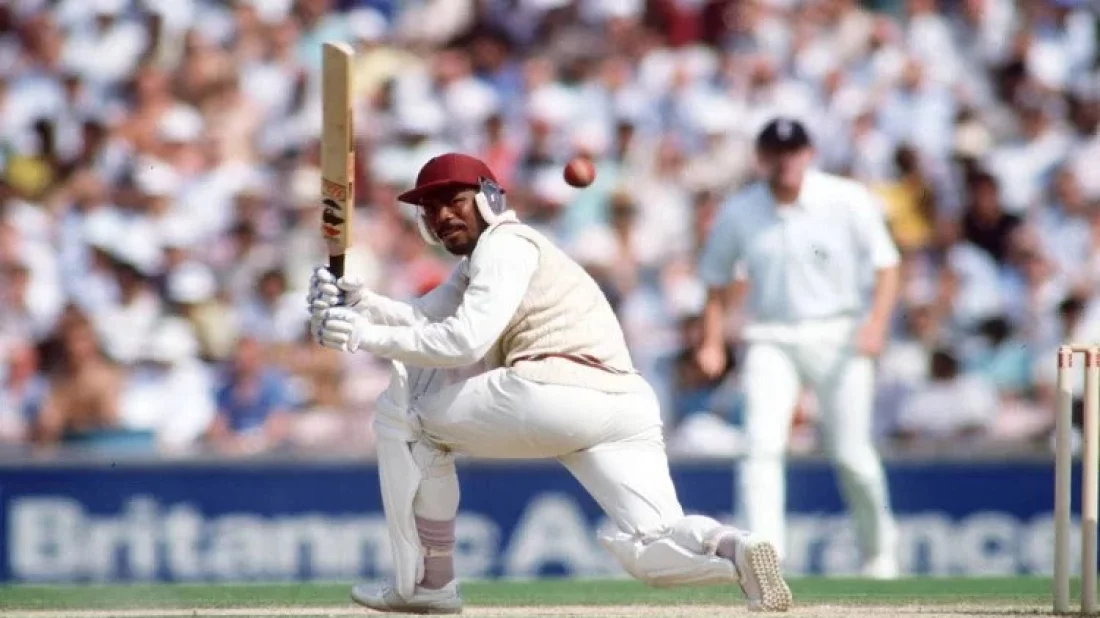There is a certain poetry to cricket that no other sport quite matches. It is a game of rhythms and rituals, of deliberate pauses and sudden drama, a theatre where even silence is significant. It is, as many have said with a knowing smile, the gentleman’s game, but of course, it is more than just a genteel pastime played in whites on sun-drenched greens. It is a fierce and storied contest, steeped in history and heavy with meaning.
As one who has played the game through schoolboy sides, university teams, and local clubs, I can attest that cricket teaches a man, or a woman, how to win with humility and to lose with grace. The post-match handshake, the quiet chat between overs, the expectation that you walk when you know you’re out—these traditions are more than etiquette; they are a way of life. The cricket field is, in many ways, a school of character.
But make no mistake: beneath the surface of civility lies a competition every bit as intense as any found in world sport. Take, for instance, the classic Ashes series, England and Australia, locked in battle since the days of empire, where the contest is as much about pride as it is about points. Matches have swung on a single ball, reputations have been made and unmade, and summer after summer, a small urn becomes a symbol of something far larger.
And yet, the Ashes is but one chapter. The rivalry between India and Pakistan elevates cricket to an entirely different plane. Here, cricket becomes a surrogate for geopolitical history, a rare theatre where nations meet not with armies, but with bat and ball. The atmosphere at these matches is electric—tense, expectant, reverent—and yet, moments of grace still shine through: an Indian captain applauding a Pakistani century; fans from either side sharing food, stories, even tears.
And then, of course, there is West Indies vs England, a contest with deep and complex roots. For many in the Caribbean, defeating England is about more than the scoreboard; it is an act of cultural dignity, of historical reckoning. It is a reclaiming of pride through precision, elegance, and flair. I still remember as a teenager watching some of my heroes like Gordon Greenidge bat, graceful, unflinching, almost regal, against English bowlers who, for all their grit, seemed caught in a storm of poetry. That wasn’t just a man scoring runs; it was a continent speaking. And then of course the smooth execution of Michael Holding bowling with a graceful elegance that defied logic when I realised how fast and well directed those bouncers were!
Even at the club level, these echoes reach us. I remember facing a visiting side who arrived with swagger and reputation. There was chatter, of course, some of it barbed trash talk, but by the end of the match, after a hard-fought draw, we were clinking rounds of each person’s chosen drink in the club house and sharing laughs. Such is cricket: fierce in contest, generous in spirit.
This is the beauty of reverent rivalry. In cricket, the opponent is not an enemy but a necessary partner in the unfolding drama. The game thrives on tension, yes, but a tension held within the bounds of mutual respect. And in this respect lies cricket’s lesson for the wider world: that we can disagree without dishonour, compete without contempt.
The world beyond the boundary rope is sorely in need of such reminders. If we can learn to revere our rivals in cricket, if we can cheer a rival’s century, or acknowledge the brilliance of a bowler who’s just clean-bowled our best mate, then perhaps we can carry that posture into our politics, our work, our common life.
Let us then be guardians not only of the game but of its spirit. Let us pass on to the next generation not just the cover drive and the leg break, but the deeper wisdom of fair play, respect, and the noble art of striving without scorn.
And should you, like me, find yourself years after your last innings still dreaming of the sound of leather on willow and the hush before the next delivery, may you smile in the knowledge that you’ve known a game that calls us, quietly but firmly, to be not just better players, but better people.





